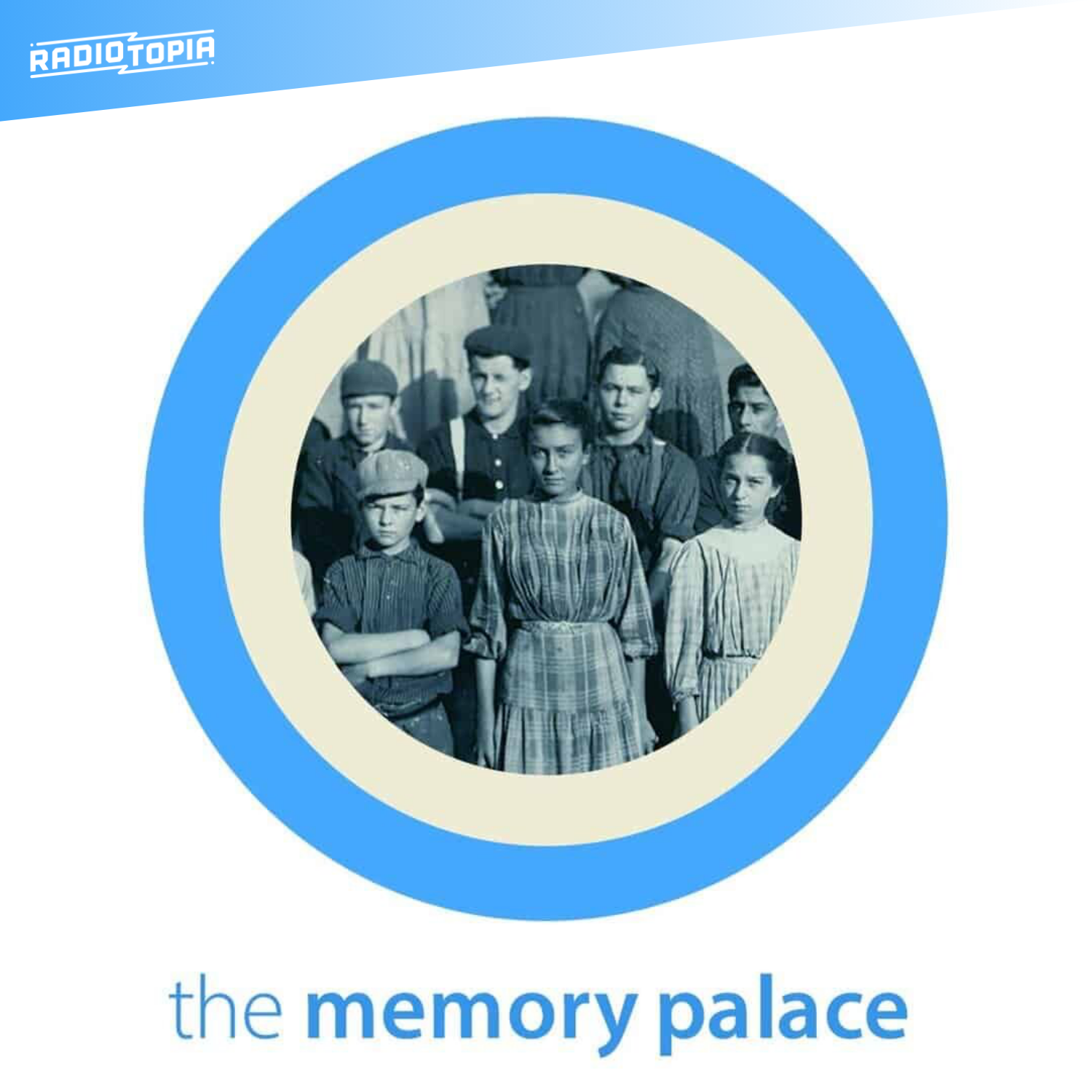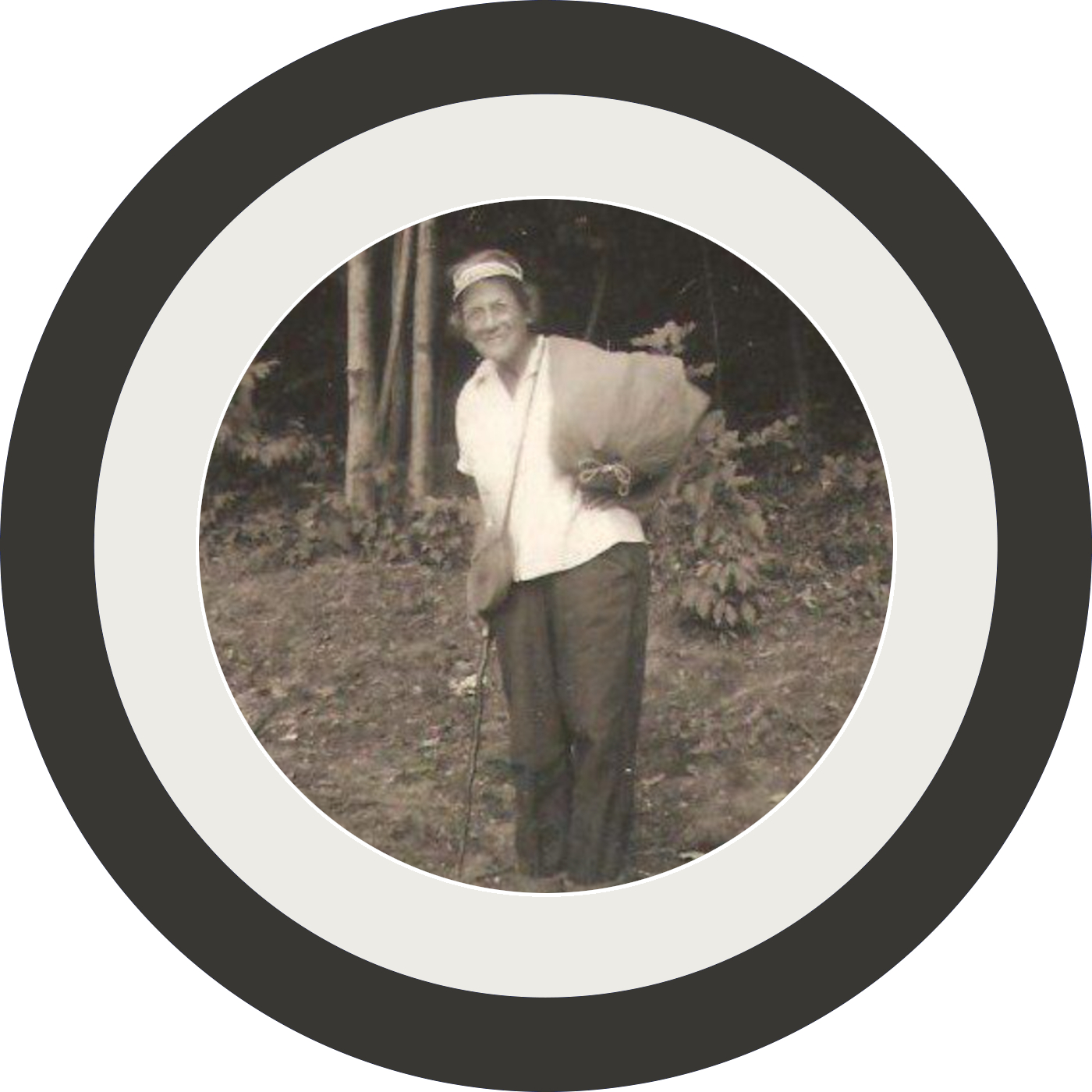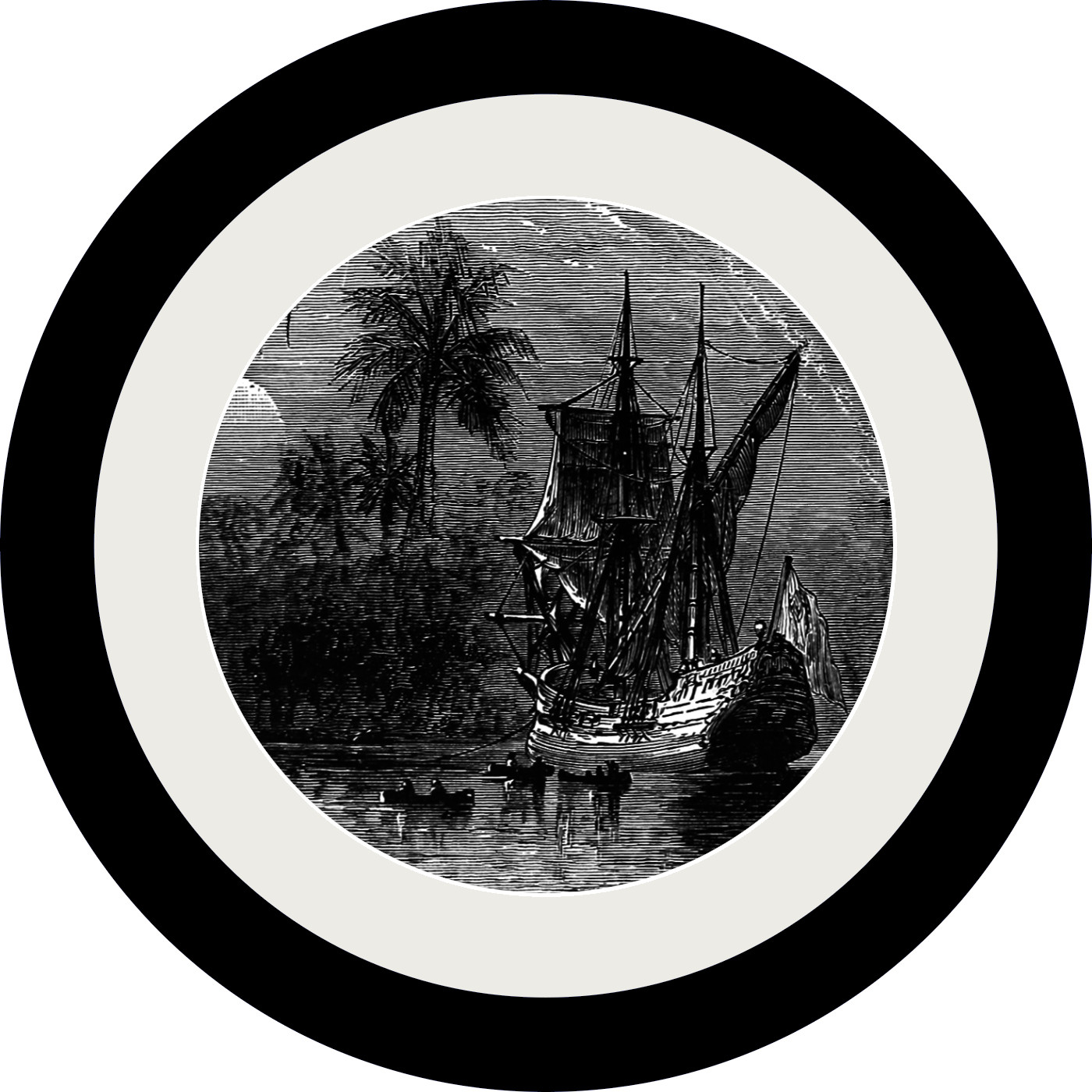Episode 176: The Air and the Sea and the Land
Order The Memory Palace book now, dear listener. On Bookshop.org, on Amazon.com, on Barnes & Noble, or directly from Random House. Or order the audiobook at places like Libro.fm.
The Memory Palace is a proud member of Radiotopia from PRX. Radiotopia is a collective of independently owned and operated podcasts that’s a part of PRX, a not-for-profit public media company. If you’d like to directly support this show, you can make a donation at Radiotopia.fm/donate. I have recently launched a newsletter. You can subscribe to it at thememorypalacepodcast.substack.com.
Order Eliza McGraw's wonderful new book, Astride: Women, Horses and a Partnership that Changed America.
This episode originally aired in February of 2021.
Music
- Unsayable by Brambles.
- Kola - Lighthouse Version by amiina
- A Nearer Sun by the Westerlies
- Duet, a Steve Reich composition, performed by Daniel Hope.
- Reading a Wave by Arp
- April by Kanazu Tomoyuki
- Latent Sonata by Brian McBride
Notes
- The oral history mentioned in this episode is available through the Smithsonian Instittion’’s archives.
Learn about your ad choices: dovetail.prx.org/ad-choices
Press play and read along
Transcript
Transcript is processing—check back soon.




